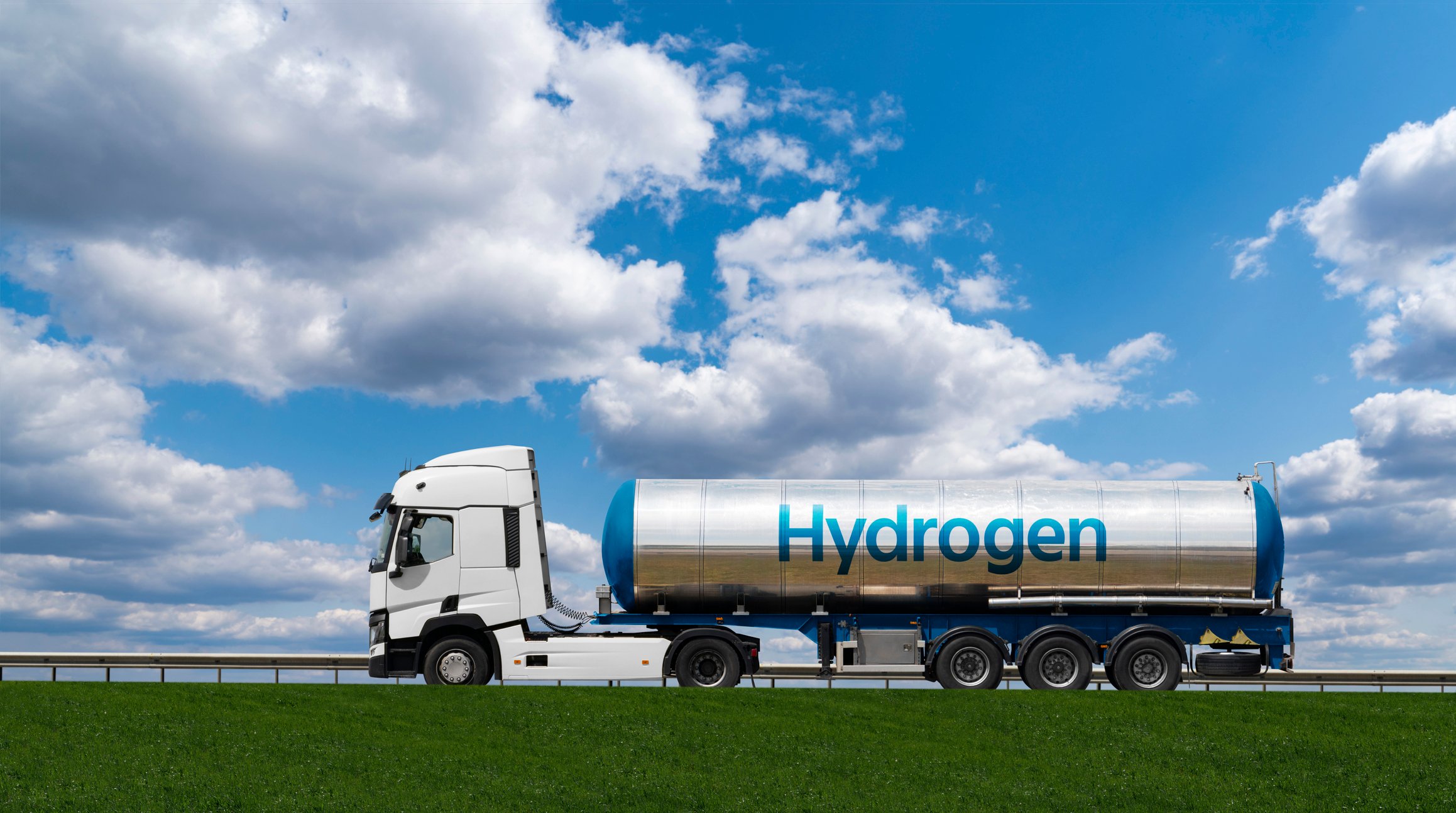Fuel cell stocks have been on fire over the past few months with FuelCell Energy (FCEL +7.92%) up more than 400% in three months, Bloom Energy (BE +7.42%) up over 200%, and Plug Power (PLUG +4.42%) and Ballard Power Systems (BLDP +3.33%) both jumping double-digit percentages over that time frame.
While the hype around fuel cells is high, the fundamentals on the ground haven't changed much in years. Fuel cells have challenges that will be difficult to overcome, and these companies have been disappointing investors for years. Here's what you need to know before jumping into a stock just because the company makes fuel cells.

Image source: Getty Images.
1. Fuel cells aren't all green
Fuel cell stocks often get lumped in with renewable energy stocks, but that's not always an accurate portrayal of the industry. Fuel cells from companies like FuelCell Energy and Bloom Energy actually run on natural gas or biogas. Even when hydrogen is used as the fuel in a fuel cell, that hydrogen is usually produced from natural gas, not renewable energy.
It's possible that fuel cells could provide 100% clean energy in the future. Fuel cells that run on hydrogen, like those made by Plug Power or Ballard Power Systems, could use a renewable energy source for their hydrogen. But clean hydrogen infrastructure isn't widely available, so today they rely on natural gas as their base fuel stock.
2. Most fuel cells still require batteries
There's a common perception that fuel cells and battery vehicles are at odds with each other. In some ways that's true because a vehicle can either use a battery charged by the grid as its main fuel source or a fuel cell with hydrogen as a fuel source.
But what everyone should know is that a battery is still powering the wheels in a fuel cell vehicle. Fuel cells will output electrons, but they don't usually go directly to a motor. A battery sits in the middle and acts as a buffer, providing on-demand power and taking in the electrons from a fuel cell.
The irony of this process is that improved battery technology helps fuel cells, but it's also the competition in the vehicle market.
3. Passenger vehicles have been a flop
One of the bullish arguments for fuel cells is often that they'll upend the automotive market. Honda, Toyota, and Hyundai have all tried to introduce fuel cell vehicles, and the common thread is that they've all struggled mightily to gain any traction in the market. Even the most hardened fuel cell believer (Toyota) is now investing in more electric vehicles (EVs) to launch over the next five years.
A decade ago, it could be argued that fuel cells versus batteries was a fair fight in the passenger EV market. Short ranges and long charge times were a disadvantage for EVs versus fuel cell vehicles, but those problems have largely been answered by the industry. Vehicles are being launched by Tesla and others that get over 300 miles in range, and fast chargers can add 60 miles of range in just 3 minutes. And range is rising while charge times are coming down.
Better batteries will help fuel cell vehicles long term. But they'll help EVs a lot more, and that's going to help the EV industry win against fuel cells in the passenger vehicle market.
4. Batteries are a challenge in backup generation, too
Just like in the vehicle market, the biggest competition for fuel cell companies like FuelCell Energy and Bloom Energy is actually from battery backup systems from companies like Tesla and others. Battery backup and storage is now being included in renewable energy farms and ordered in huge contracts by utilities from Australia to California.
As battery technology improves, it'll be a better on-site backup system with faster response than fuel cells. Ironically, it's batteries against fuel cells again, and I think batteries have a huge advantage and will grow much more quickly than fuel cells in the electricity market.
5. Fuel cells do have a future in long-haul transportation
Fuel cells may not have a future in passenger vehicles, but they do make a lot of sense for long-haul transportation like trucking. Shorter fueling times are advantageous when every minute off the road is lost revenue for a trucking company. So Nikola Motor, Hyundai, and even Toyota have started developing hydrogen fuel cell solutions for the long-haul trucking market.
What's common is that these large manufacturers are developing their own fuel cell technology, not leaning on smaller companies like FuelCell Energy, Plug Power, and Ballard. Where they are involved in trucking, they're working with small manufacturers that have lower unit volume.
Even if the long-haul trucking market becomes big business for fuel cell companies, there's no guarantee the stocks popping right now will see any benefit.
Fuel cells are a tough business
Add all of this up, and it's tough making money in the fuel cell business. You can see in the chart below that Plug Power, FuelCell Energy, and Ballard Power Systems have all reported consistent losses over the past decade.
PLUG Net Income (TTM) data by YCharts. TTM = trailing 12 months.
They've paid for those losses by issuing shares, diluting current shareholders, and taking out debt.
PLUG Average Diluted Shares Outstanding (Quarterly) data by YCharts.
Fuel cells continue to be viewed as a big potential market, but if the financials don't turn around, there's little reason to think fuel cell stocks will be a good investment. And I think the hype around these stocks is way overdone right now given the growth and technology improvements in batteries.












